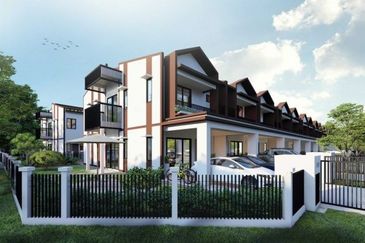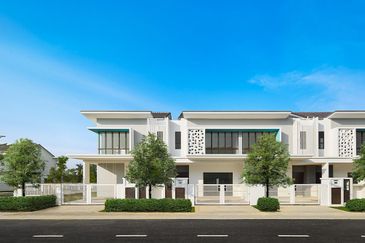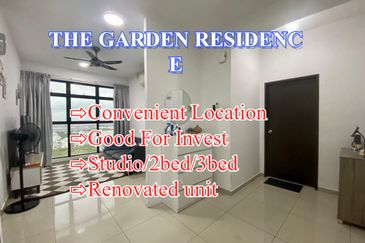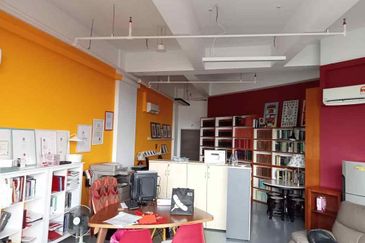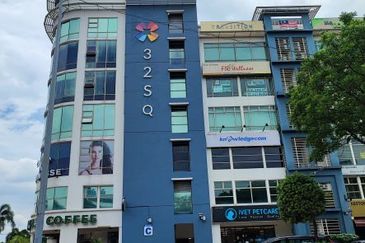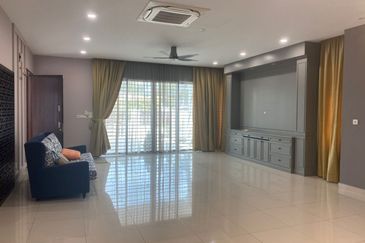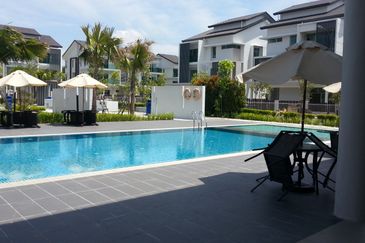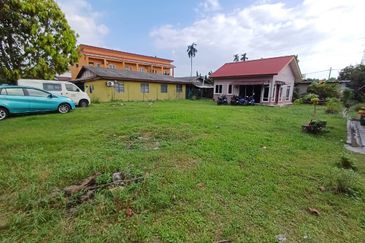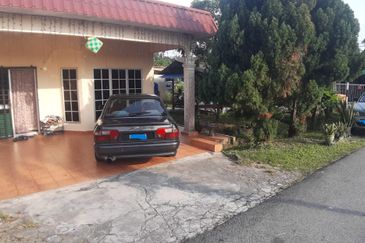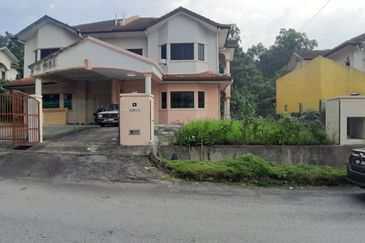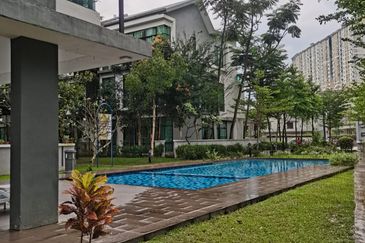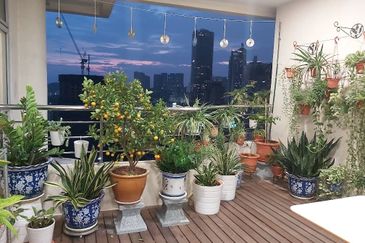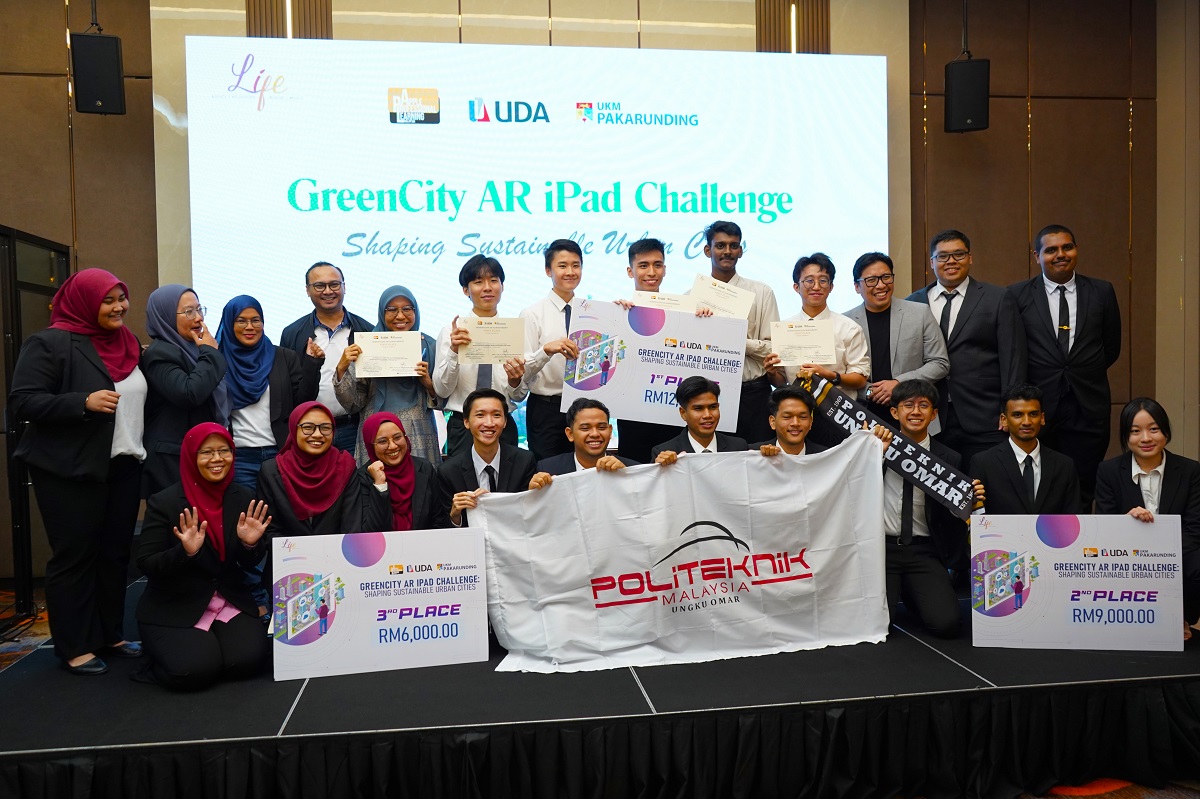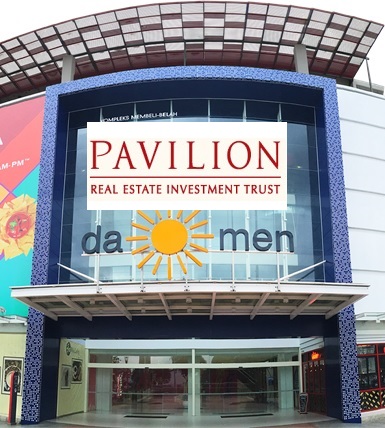
KUALA LUMPUR (Jan 17): The central bank’s widely anticipated increase in key interest rate will have an impact on Pavilion Real Estate Investment Trust’s (Pavilion REIT) borrowing costs, said Pavilion REIT Management Sdn Bhd chief executive officer Philip Ho.
He estimated that a 25-basis-point increase by Bank Negara Malaysia (BNM) will result in the trust paying RM2.54 million more in interest.
As at Sept 30, 2017, Pavilion REIT’s borrowings amounted to RM1.45 billion, of which 70% are of variable rate loans and 30% fixed rate.
BNM is widely expected to raise its overnight policy rate (OPR) twice this year, underpinned by inflationary pressure, strong gross domestic product growth and healthy private wages.
“A higher OPR will definitely affect us,” Ho told reporters after Pavilion REIT’s extraordinary general meeting (EGM) yesterday.
On its part, Ho said the trust is working with its bankers to lock some of its current borrowings at a fixed rate. This includes the RM250 million loan it is taking out to partly fund the acquisition of Elite Pavilion Mall and its related assets from Urusharta Cemerlang (KL) Sdn Bhd and Urusharta Cemerlang Sdn Bhd for RM580 million.
“We are aware of [the impact] and we are working to lock the interest rates as much as possible,” he added.
Earlier at the EGM, Pavilion REIT secured unitholders’ approval to acquire Elite Pavilion Mall in Bukit Bintang here.
Ho expects the proposed acquisition will be completed by the first quarter of this year. The acquisition of Elite Pavilion Mall will contribute about up to RM20 million per year to the trust’s gross rental income. This will bring its assets’ value from about RM5.3 billion to RM5.9 billion.
Ho also said Pavilion REIT is anticipating a “strong single-digit growth” in net property income (NPI) for the financial year ending Dec 31, 2018.
“[The NPI] will be driven by Da Men Mall, Elite Pavilion Mall and stabilising operating costs,” he added.
For the first six months of this year, Ho opines that consumer sentiment should not be an issue as the ringgit has been strengthening. He noted that Pavilion REIT’s performance for 2017 should be good, but declined to elaborate.
“We have a positive growth. For city malls, if you have a positive growth, then it’s good. This is the new norm,” said Ho.
On the oversupply of shopping centres, Ho said Malaysia should have more malls to cater to the over 30 million population in Malaysia. “It’s not because we have too many malls, but it’s because our spending power is not there.”
In 2018, he said, about 17% of Pavilion Mall’s tenants are still due for rental revision of about 5% to 6%, which is expected to be completed during the third quarter of 2018.
With the renovation phase for Pavilion Kuala Lumpur completed, Ho said the mall enjoys about 98% in occupancy, housing about 540 tenants. Coupled with the mass rapid transit station just situated a block away, Ho believes that Pavillion Mall will benefit from it as it creates a greater accessibility as well as mobility for shoppers and tourists.
Meanwhile, Da Men Mall has an about 86% occupancy rate, while Intermark Mall has 91%. Presently, Ho noted that its assets are running at about 5.5% to 5.75% yield.
Pavilion REIT is a retail-centric property investment trust. The REIT owns three retail assets and one office tower, namely Pavilion KL Mall, Intermark Mall, Da Men Mall and Pavilion Tower.
Pavilion REIT’s units rose one sen or 0.62% to close at RM1.62 yesterday, giving it a market capitalisation of RM4.88 billion.
This article first appeared in The Edge Financial Daily, on Jan 17, 2018.
For more stories, download EdgeProp.my pullout here for free.
TOP PICKS BY EDGEPROP
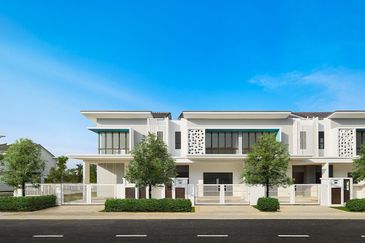
Halya @ Daunan Worldwide
Bandar Puncak Alam, Selangor
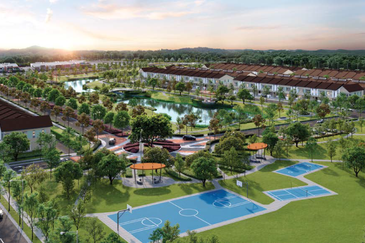
Bandar Puncak Alam
Bandar Puncak Alam, Selangor
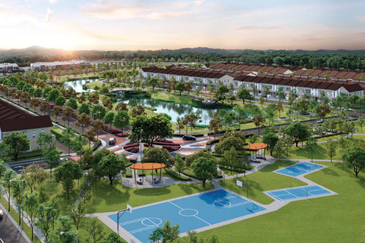
Bandar Puncak Alam
Bandar Puncak Alam, Selangor
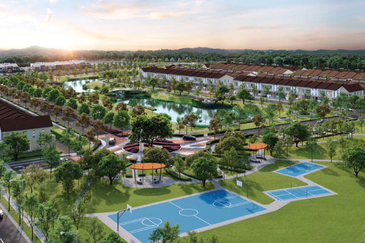
Bandar Puncak Alam
Bandar Puncak Alam, Selangor
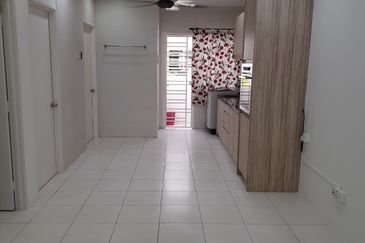
Pearl Villa Townhouse
Bandar Saujana Putra, Selangor
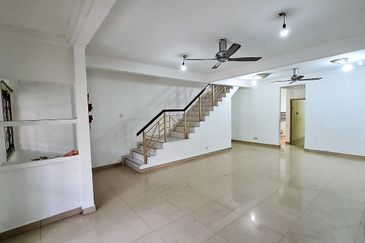
Bandar Kinrara 5
Bandar Kinrara Puchong, Selangor
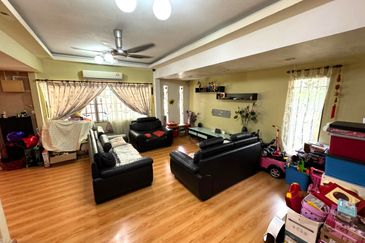
Bandar Kinrara 5
Bandar Kinrara Puchong, Selangor

